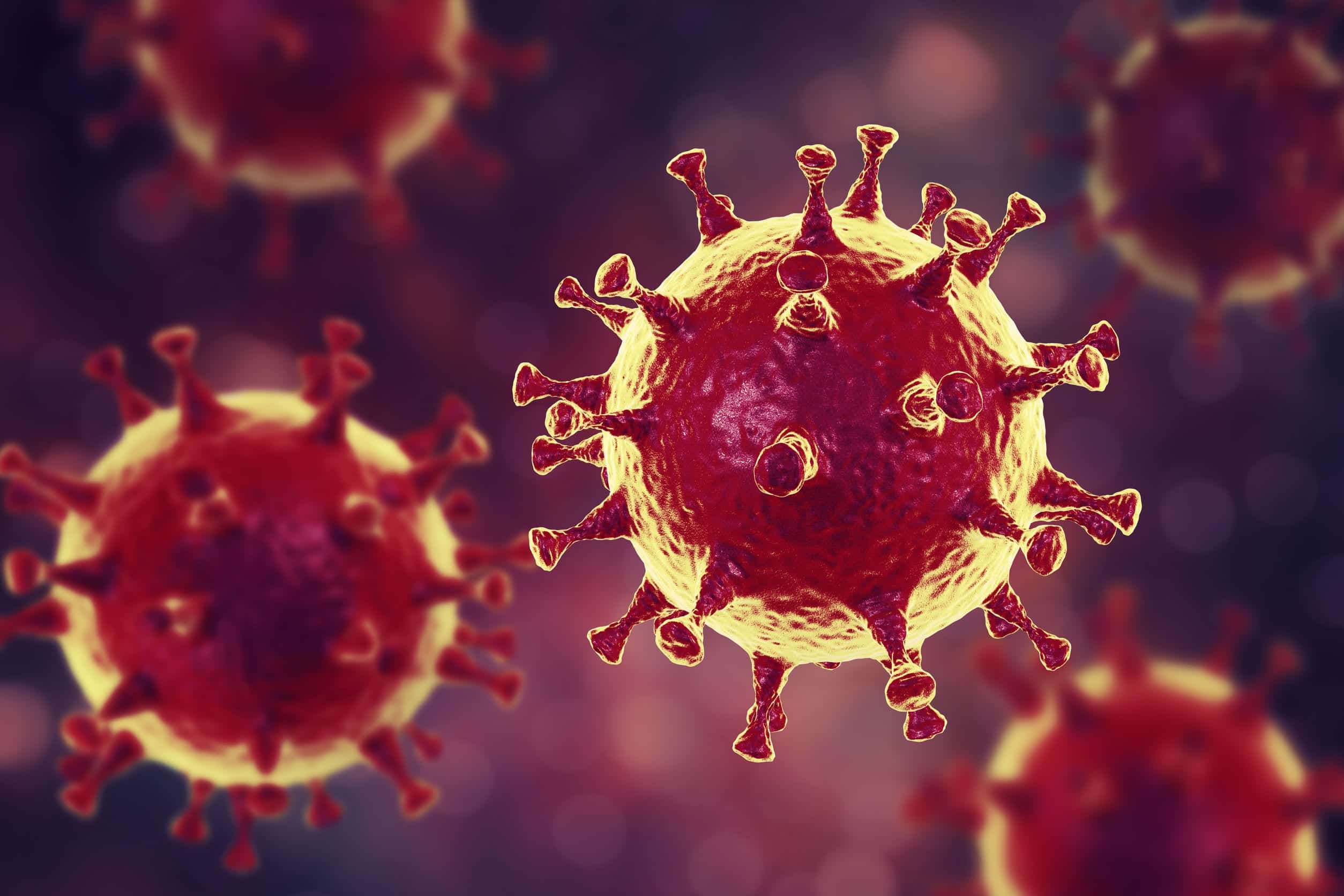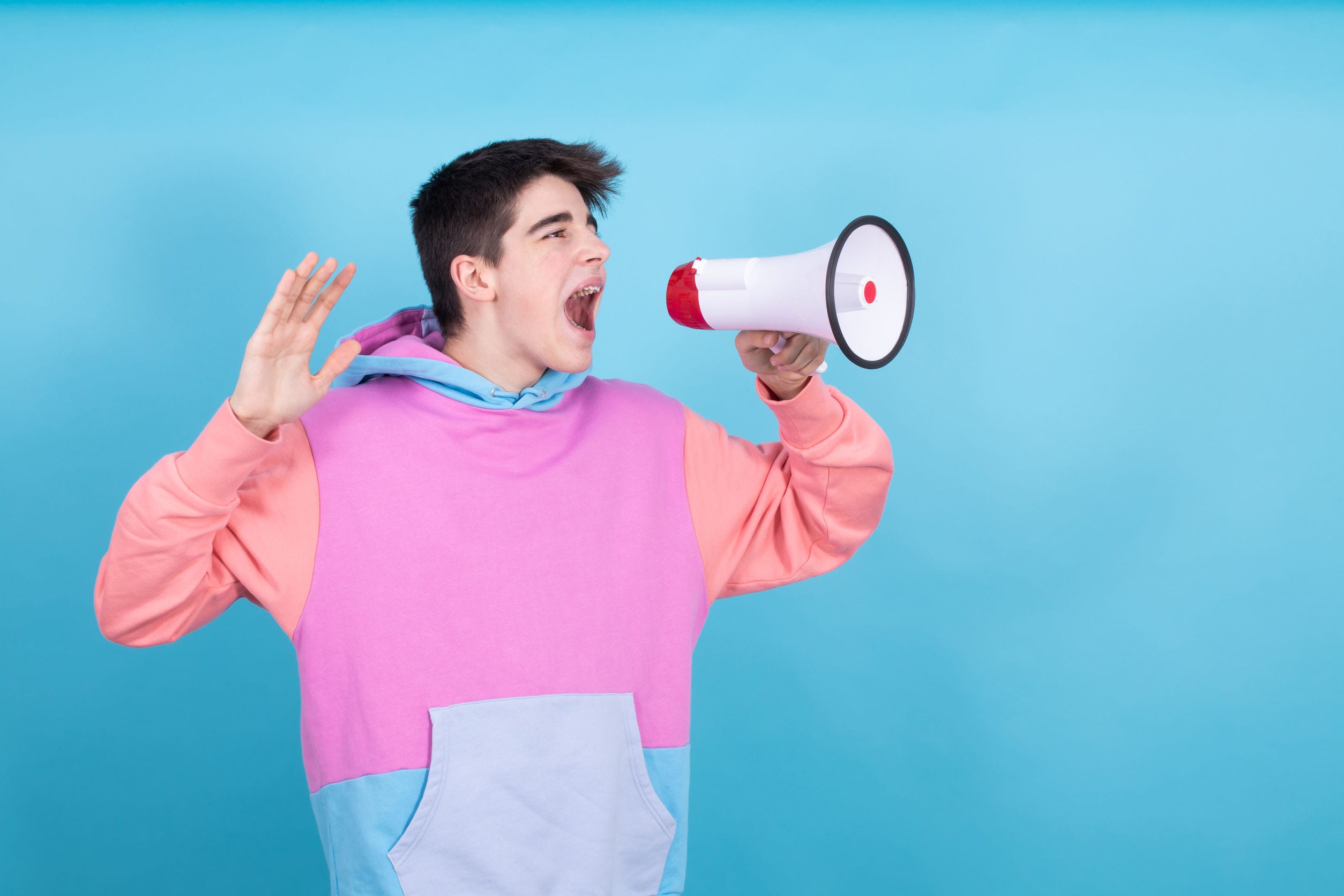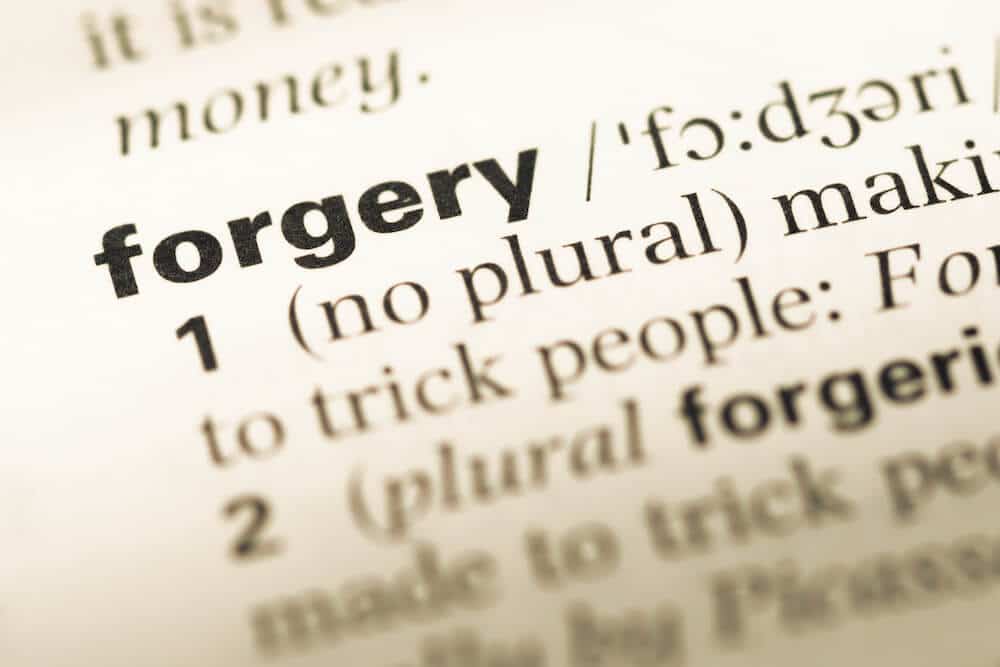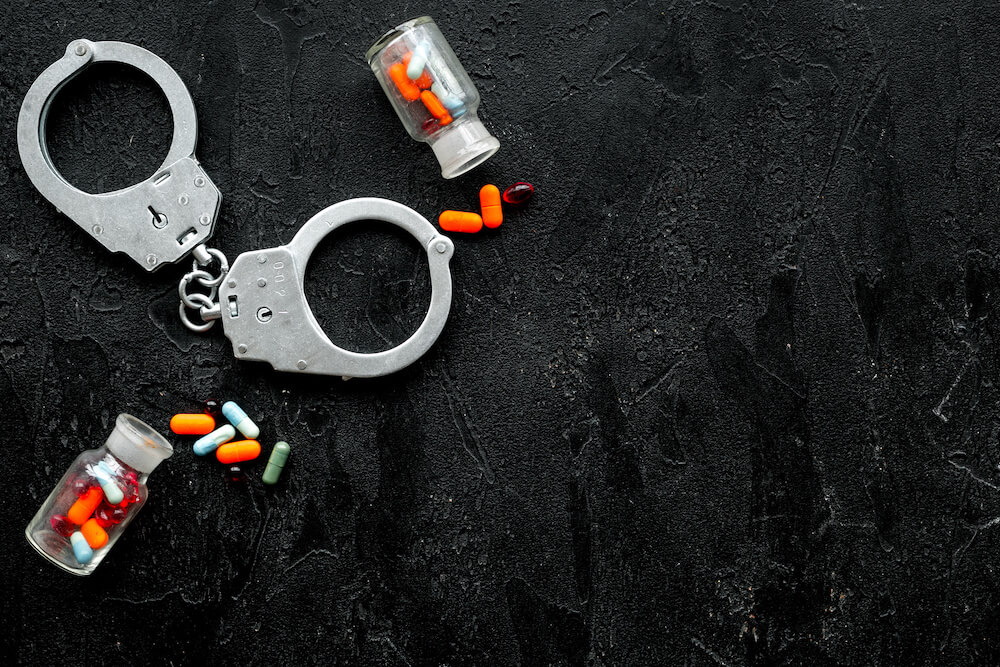- Home
- THE FIRM+
- Criminal Defense+
- CASE RESULTS
- AREAS WE SERVE+
- FAQ’s
- Blog
- Contact
AZHARI LLC BLOG

Posted By: Sami Azhari
Category:
It seems as if no matter what is going on in the world, people will try to use it to garner attention. Unfortunately, as a Chicago teen recently proved, coronavirus is no exception.
In Joliet, Ill., a 19-year-old man was arrested for announcing to customers in a Walmart that he had coronavirus as he sprayed disinfectant. Though it was meant as a joke (one in admittedly very bad taste), he was ultimately charged with criminal trespass and disorderly conduct.
This should serve as a cautionary tale that police do, in fact, take pranks seriously. If you or someone you know attempts to cause a kerfuffle in public as a joke, you are subject to disorderly conduct charges and the related penalties.
What exactly does that mean? Here’s what you need to know about disorderly conduct in Illinois and the related penalties.
Disorderly Conduct in Illinois: What Is it?
Disorderly conduct is a blanket term that encompasses a wide range of criminal behavior. In Illinois, the disorderly conduct laws tend to focus on keeping the peace and public safety.
In simple terms, it can be described as outlawing behavior that alarms or disturbs other people and/or disturbs the peace.
The Illinois statute specifically outlines behaviors that are considered disorderly conduct. These behaviors include:
- False reports about neglected or abused children
- Using intimidation or harassment as a debt collector
- False reports of a fire alarm or fire
- Entering the property of someone else for an unlawful or lewd purpose
- False reports of an explosive or bomb
- False reports to the Department of Public Health under the Nursing Home Care Act, the ID/DD Community Care Act, the Specialized Mental Health Rehabilitation Act of 2013, or the MC/DD Act
- False reports of an attack on a school
- Requesting emergency services such as those from a fire department or ambulance, or calling 911 without sufficient reason
- False reports about a crime in progress in an effort to deploy law enforcement
The Punishments for Disorderly Conduct in Illinois
In the State of Illinois, disorderly conduct can be charged as a felony or a misdemeanor. The act’s severity helps to determine how criminal charges are applied.
In general, conduct that is peace-disturbing or obnoxious is often charge as a misdemeanor. In order for conduct to be charged as a felony, it must pose a threat to the safety of others.
Misdemeanor Disorderly Conduct Penalties
Penalties depend on the classification of the misdemeanor, and for misdemeanor disorderly conduct convictions in Illinois, you may see these penalties:
- Up to one year in jail
- Fines between $1,500 and $2,500
Felony Disorderly Conduct Penalties
For disorderly conduct charges that are considered felonies, they are typically charged as Class 3 or Class 4. For a Class 3 felony, such as a bomb threat, a conviction means two to five years in prison plus a fine between $3,000 and $5,000.
For a Class 4 felony conviction (making a false claim by calling 911, for instance) prison time ranges from 1-3 years.
At first glance, misdemeanor charges may sound innocuous, but even those can have a big impact on your life going forward because future landlords, employers, and even lenders can run criminal background checks.
So before you cry “coronavirus” in public, make sure you understand the implications. Protect yourself and know your rights.
About the Author
Sami Azhari has been working as a lawyer since 2007, after receiving his Juris Doctor from the Michigan State University College of Law. He has handled numerous state and federal cases, and is known throughout the Chicago and Rolling Meadows area for providing his clients with high-quality, skilled representation. He has been recognized by Avvo (2013 and 2018), SuperLawyers (2015-2020), The National Trial Lawyers, and other notable organizations, and has spoken at a number of legal conferences.


























































